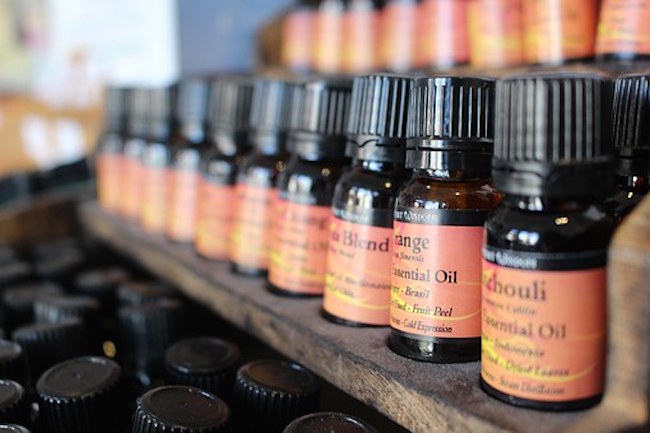Frankincense oil: The ‘King’ of oils from Mercola
Frankincense has a significant meaning in Christianity being one of the gifts offered by the three wise men to the newborn Jesus. However, did you know that this fragrant resin can be transformed into an essential oil that’s valued not only in religious practice, but in aromatherapy and natural health too? Continue reading to gain more knowledge about frankincense oil and the health benefits you may derive from it.
What is frankincense oil?
Frankincense, also called olibanum,1 is derived from two types of Boswellia trees: Boswellia sacra and Boswellia carteri.2 The process starts with extracting the milky white sap from the tree bark and hardened into a gum resin in around 10 days,3 and scraped off as tear-shaped droplets.4 The resulting oil is pale yellow-green and has a woody, earthy and spicy aroma.5
Boswellia trees grow in African and Arabian regions, including Yemen, Oman, Somalia and Ethiopia. In particular, Oman is well-known for producing and trading frankincense to India, China and other countries in the Mediterranean for thousands of years. Live Science highlights that Oman is considered the most ancient source of frankincense.6
Frankincense trees can produce different colored resins. Brown-yellow and muddy frankincense is touted as the cheapest and most readily accessible, while silver and clear frankincense is considered high-quality. If you’re in Oman, the latter is usually reserved for the sultan and rarely shipped out of the country – it’ s hard to acquire if you live in Western parts of the world.7,8
Benefits of frankincense oil
The health benefits of frankincense oil are mostly attributed to its following properties:24
- Disinfectant25
- Anti-inflammatory26
- Astringent
- Antiseptic
- Digestive
- Diuretic
- Tonic
- Expectorant
- Cytophylactic
- Cicatrisant
- Carminative
- Emmenagogue
- Uterine
- Vulnerary
It also aids with nutrient absorption27 and strengthens your immune system, especially if you’re immunocompromised.28 Frankincense oil w as found to be useful for certain health conditions, such as:29
•Arthritis or rheumatoid arthritis (RA) — Researchers from Cardiff University found that a rare type of frankincense can aid in inhibiting production of inflammatory molecules, and reducing the risk for cartilage tissue breakdown that are precursors to these debilitating conditions.30
Indian frankincense or boswellin, another member of the Boswellia family, has been found to significantly reduce inflammation in animal studies.31,32 It is actually one of my personal favorites, as I have seen it work well as a natural painkiller for many of my former RA patients.
•Colds and respiratory disorders — Frankincense oil can help separate phlegm deposits in your lungs,33 and may alleviate breathing difficulties among people with asthma, influenza, bronchitis, sinusitis and catarrh.34
•Oral health problems — Dental problems such as bad breath, cavities, toothaches, mouth sores and other infections can be alleviated through frankincense oil’s antiseptic properties . One study indicates that frankincense extracts helped manage inflammation caused by plaque-induced gingivitis.35
• Digestive disorders — One study has found that boswellic acids may help with digestive inflammatory diseases such as chronic colitis and ulcerative colitis.36
•Uterine health — This oil may help control estrogen production, regulate premenopausal women’s menstrual cycles, and assist in lowering uterine cancer risk by helping inhibit the development of post-menopause tumors or cysts in the uterus.37
Lastly, frankincense oil is linked to cancer-fighting abilities. Researchers are looking into a component in the oil that may help inhibit cancer proliferation in the body.38




